Home>Articles>Why Does My Electric Pressure Cooker Keep Turning Off
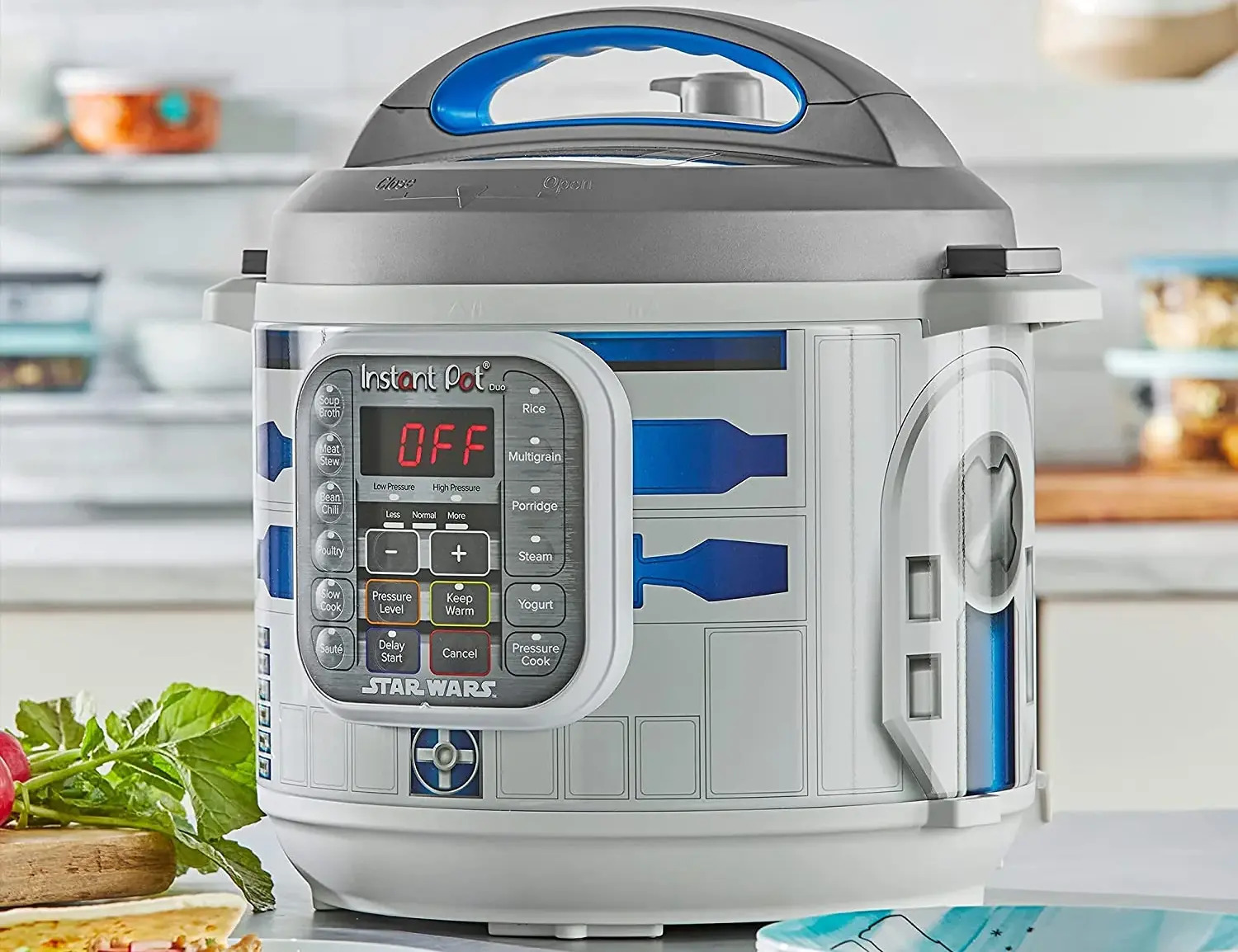

Articles
Why Does My Electric Pressure Cooker Keep Turning Off
Modified: August 17, 2024
Discover the reasons behind your electric pressure cooker consistently turning off with these informative articles.
(Many of the links in this article redirect to a specific reviewed product. Your purchase of these products through affiliate links helps to generate commission for Storables.com, at no extra cost. Learn more)
Introduction
Welcome to the world of electric pressure cookers, where convenient and quick cooking has become a reality. These kitchen appliances have gained immense popularity due to their ability to cook food under high pressure, resulting in faster cooking times and delicious meals. However, if you’ve experienced your electric pressure cooker suddenly turning off during the cooking process, it can be frustrating and may leave you wondering why it’s happening.
In this article, we will explore the possible reasons behind your electric pressure cooker’s unexpected shutdowns and provide helpful insights to troubleshoot and resolve the issue. Whether you’re a new owner or have been using a pressure cooker for a while, understanding the factors that contribute to these shutdowns can help you make the most of your appliance and ensure its proper functioning.
Before we delve into the specifics, let’s start by familiarizing ourselves with the basic principles of electric pressure cookers.
Key Takeaways:
- Prevent unexpected shutdowns of your electric pressure cooker by addressing overheating issues, ensuring a stable power supply, and understanding safety features. Regular cleaning and maintenance are crucial for optimal performance and longevity.
- Troubleshoot shutdowns by checking power supply, inspecting sealing ring, and cleaning pressure release valve. If issues persist, seek assistance from the manufacturer or a professional technician for specific guidance.
Read more: Why Does My AC Keep Turning On And Off
Understanding the Electric Pressure Cooker
Electric pressure cookers are innovative kitchen appliances that revolutionize the cooking process by harnessing the power of steam and pressure. They offer a convenient and efficient way to prepare a wide variety of dishes, from tenderizing meats to quickly cooking grains and vegetables.
Unlike traditional stovetop pressure cookers that require constant monitoring and adjustment of the flame, electric pressure cookers automate the process with built-in sensors, timers, and controls. This eliminates the need for constant tending and allows for precise cooking times and pressure levels.
Typically, electric pressure cookers consist of a sturdy inner pot, a heating element, a pressure sensor, and a control panel. The control panel allows you to adjust the cooking settings, including time, pressure level, and specific cooking functions, such as sautéing, steaming, or slow cooking. Once you set the desired parameters and start the cooking process, the electric pressure cooker builds pressure inside the pot, which cooks the food under high pressure and accelerates the cooking time.
The built-in safety features of electric pressure cookers ensure that the cooking process is safe and hassle-free. These safety measures include pressure release valves, locking mechanisms, and automatic shutdowns in case of excessive pressure or overheating.
Now that we have a better understanding of how electric pressure cookers work, let’s explore the common reasons behind their unexpected shutdowns.
Common Reasons for Electric Pressure Cooker Shutdowns
There are several reasons why your electric pressure cooker may unexpectedly shut down during the cooking process. Understanding these factors can help you identify and address the issue effectively. Here are some common causes:
- Overheating Issues: Electric pressure cookers have safety mechanisms in place to prevent overheating. If the internal temperature exceeds a certain threshold, the cooker will shut down automatically to avoid damage or potential hazards. This can occur if there’s insufficient liquid in the pot, if food has been stuck to the bottom, or if the cooker has been running for an extended period without adequate ventilation.
- Power Supply Problems: A sudden power outage or fluctuation in electricity supply can cause your electric pressure cooker to shut off abruptly. Check if the power cord is securely plugged in and ensure that the outlet you’re using is functioning correctly.
- Safety Features and Automatic Shutdowns: Most electric pressure cookers are equipped with safety features that automatically shut off the cooker under certain circumstances. This can include excessive pressure buildup, improper sealing, or detection of abnormal cooking conditions. These safety measures are intended to protect you and prevent accidents.
While these are the primary reasons for electric pressure cooker shutdowns, it’s essential to troubleshoot the specific issue you’re encountering to determine the appropriate solution. Let’s explore some troubleshooting tips to help you address the problem.
Overheating Issues
Overheating is a common problem that can lead to the sudden shutdown of your electric pressure cooker. Understanding the causes of overheating and taking preventive measures can help you avoid this issue. Here are some potential reasons for overheating and how to address them:
- Insufficient Liquid: One of the primary causes of overheating is insufficient liquid in the cooker. The liquid inside the pot not only helps generate steam but also acts as a coolant to regulate the temperature. Ensure that you always use the recommended amount of liquid as specified in the recipe or user manual. If you’re adapting a traditional stovetop pressure cooker recipe for an electric pressure cooker, make sure to adjust the liquid quantity accordingly.
- Food Sticking to the Bottom: If food gets stuck to the bottom of the inner pot, it can impede heat distribution, leading to localized overheating. To prevent this, make sure to adequately coat the bottom of the pot with cooking oil or use a non-stick inner pot. Additionally, refrain from sautéing ingredients directly in the pressure cooker without any liquid, as this can cause ingredients to stick and burn.
- Lack of Ventilation: Electric pressure cookers require proper ventilation to dissipate excess steam and prevent overheating. Ensure that the pressure release valve and sealing ring are clean and functioning correctly. If the pressure cooker’s venting system becomes clogged or blocked, it can lead to increased pressure and overheating. Regularly inspect these components and clean them as per the manufacturer’s instructions.
- Running for Extended Periods: Electric pressure cookers are designed to cook food quickly and efficiently. Running the cooker for an extended period, especially without interruption, can cause overheating. If you’re cooking a dish that requires a longer cooking time, consider using the slow cooking function instead of high-pressure mode. This will ensure a gentler and more controlled cooking process.
By addressing these overheating issues, you can prevent unexpected shutdowns and ensure the safe and effective operation of your electric pressure cooker. However, if the problem persists, it’s advisable to contact the manufacturer or seek assistance from a professional technician.
Power Supply Problems
If your electric pressure cooker suddenly shuts off during operation, a power supply issue could be the culprit. Here are some common power supply problems that can cause your cooker to turn off and how to address them:
- Sudden Power Outage: If there is a power outage in your area, your electric pressure cooker will automatically shut off. Unfortunately, there is little you can do in such situations other than waiting for the power to be restored. Once the power comes back, you can resume cooking from where you left off.
- Fluctuating Electricity Supply: Fluctuations in electricity supply, such as surges or dips in voltage, can cause your electric pressure cooker to shut off. This is a protective measure to prevent damage to the appliance. To avoid such issues, ensure that your cooker is connected to a stable power source, preferably a surge protector or a dedicated circuit for kitchen appliances.
- Loose Power Cord: Sometimes, a loose power cord connection can cause your cooker to lose power and turn off. Ensure that the power cord is securely inserted into the cooker’s power socket and is properly plugged into a functioning power outlet. If necessary, replug the power cord and make sure it is firmly secured.
- Tripped Circuit Breaker: If your electric pressure cooker suddenly shuts off and other appliances in your kitchen are also not receiving power, it could be due to a tripped circuit breaker. Check your home’s electrical panel and reset any tripped breakers. If the issue persists, it may be a sign of an electrical problem that requires professional assistance.
By addressing power supply problems, you can minimize the chances of your electric pressure cooker shutting down unexpectedly. If the issue persists despite troubleshooting, it’s advisable to consult the manufacturer or contact a qualified electrician to assess the electrical connections and ensure safe and reliable power supply.
Check if the pressure release valve is clogged or if the sealing ring is properly in place. Also, make sure the power cord is securely plugged in. If the issue persists, contact the manufacturer for assistance.
Read more: Why Does My Projector Keeps Turning Off
Safety Features and Automatic Shutdowns
Electric pressure cookers are equipped with various safety features to protect users and prevent accidents. These safety measures include built-in sensors and automatic shutdown mechanisms. Here are some common safety features and reasons why your electric pressure cooker may shut down:
- Excessive Pressure Buildup: Electric pressure cookers have pressure relief valves that release excess steam if the pressure inside the pot exceeds the safe limit. When the pressure builds up to a certain point, the cooker may shut off automatically to prevent potential hazards. This can occur if the pressure release valve is blocked or if the sealing ring is not properly positioned or damaged. Make sure to clean and maintain the pressure release valve and inspect the sealing ring regularly to ensure proper functioning.
- Improper Sealing: If your electric pressure cooker is not properly sealed, it will not be able to build pressure, and as a safety measure, it will shut down. Ensure that the sealing ring is clean, properly inserted, and undamaged. Additionally, make sure the lid is securely locked in place before initiating the cooking process.
- Abnormal Cooking Conditions: Electric pressure cookers come with sensors that detect abnormal cooking conditions, such as insufficient liquid or excess food particles. If the cooker detects such conditions, it may shut down to prevent damage to the appliance or potential hazards. Always follow the recommended guidelines for liquid levels and avoid overfilling the pot. Clean the inner pot thoroughly to prevent food particles from interfering with the cooking process.
- Timer Completion: Once the cooking time set on the timer reaches zero, the electric pressure cooker will shut off automatically. This is a convenient feature that allows you to set the desired cooking time and attend to other tasks without worrying about overcooking. However, it’s important to note that some recipes may require additional cooking time beyond what is initially set, so be mindful of the specific requirements of the dish you are preparing.
Understanding and familiarizing yourself with these safety features will ensure the proper and safe operation of your electric pressure cooker. If your cooker consistently shuts down due to safety features, carefully review the user manual to ensure you are using the appliance correctly. If the issue persists or if you have concerns, it is recommended to reach out to the manufacturer for assistance.
Troubleshooting Tips
If your electric pressure cooker keeps turning off unexpectedly, here are some troubleshooting tips to help you identify and resolve the issue:
- Check the Power Supply: Ensure that your cooker is connected to a stable power source and that the power cord is securely plugged into a functioning power outlet. If necessary, try using a different outlet or testing the power with another appliance to rule out any power supply issues.
- Inspect the Sealing Ring: Make sure that the sealing ring is clean, properly positioned, and undamaged. A loose or damaged sealing ring can cause the pressure cooker to lose pressure and shut off. If needed, replace the sealing ring with a new one according to the manufacturer’s instructions.
- Check and Clean the Pressure Release Valve: The pressure release valve should be clear of any debris or blockages. Clean it thoroughly and ensure that it moves freely. A clogged pressure release valve can affect the pressure buildup and cause shutdowns. Refer to the user manual for proper cleaning instructions.
- Verify Sufficient Liquid: Check that you are using the recommended amount of liquid for cooking. Insufficient liquid can lead to overheating and automatic shutdowns. Adjust the liquid quantity according to the recipe or the guidelines provided by the manufacturer.
- Clean the Inner Pot: Regularly clean the inner pot to prevent food particles from interfering with the cooking process. Burnt or stuck food at the bottom can cause localized overheating and shut down the cooker. Use a gentle, non-abrasive sponge or brush to clean the pot.
- Reset the Cooker: If none of the above steps solve the problem, try resetting your electric pressure cooker. This can be done by unplugging it from the power source, waiting for a few minutes, and then plugging it back in. Resetting the cooker can help resolve any temporary issues or glitches.
If despite following these troubleshooting tips, your electric pressure cooker continues to shut down unexpectedly, it is best to contact the manufacturer’s customer service or consult a professional technician for further assistance. They will be able to provide specific guidance and help identify any underlying issues that require repair or replacement.
Cleaning and Maintenance
Proper cleaning and maintenance play a vital role in ensuring the optimal performance and longevity of your electric pressure cooker. Regular maintenance not only prevents malfunctions but also keeps your cooker in hygienic condition. Follow these tips for effective cleaning and maintenance:
- Regular Cleaning: After each use, make it a habit to clean the inner pot, sealing ring, lid, and other detachable parts of your electric pressure cooker. Use warm soapy water and a non-abrasive sponge or brush to remove any food residues. Avoid using harsh cleaning agents or abrasive materials that could damage the cooker’s surfaces or components.
- Sealing Ring Maintenance: The sealing ring is a critical component of the pressure cooker that ensures proper sealing and pressure buildup. It’s essential to inspect the sealing ring regularly for any signs of damage or wear. If you notice any cracks or deformities, replace the sealing ring with a new one to maintain the cooker’s efficiency and safety.
- Pressure Release Valve Cleaning: The pressure release valve is responsible for regulating the pressure inside the cooker. Over time, it can accumulate debris or become clogged, affecting the cooker’s performance. Clean the pressure release valve periodically by removing any food particles or residue. Refer to the user manual for detailed instructions on safely removing and cleaning the pressure release valve.
- Exterior Cleaning: Keep the exterior of your electric pressure cooker clean by wiping it with a damp cloth. Be cautious not to let water enter the control panel or any electrical components. If any spills or stains occur on the exterior, wipe them promptly to avoid permanent marks.
- Storage and Ventilation: When not in use, store your electric pressure cooker in a cool, dry place. Ensure that the cooker has proper ventilation to prevent condensation or moisture buildup, which can lead to issues such as rust or electrical damage. Avoid storing the cooker with the lid tightly closed to allow air circulation.
- Follow Manufacturer’s Instructions: Always refer to the manufacturer’s instructions and guidelines for specific cleaning and maintenance recommendations. Each electric pressure cooker may have slightly different requirements, so it’s important to follow the provided instructions to maintain the warranty and ensure safe operation.
By practicing regular cleaning and maintenance, you can prolong the lifespan of your electric pressure cooker and ensure its efficient performance. Remember to handle all the components with care and always prioritize safety when cleaning or maintaining the cooker.
With proper care, your electric pressure cooker will continue to serve you delicious meals for years to come.
Conclusion
Electric pressure cookers are incredible kitchen appliances that simplify and expedite the cooking process. However, experiencing unexpected shutdowns can be frustrating. By understanding the common reasons for these shutdowns and implementing troubleshooting tips, you can effectively overcome these challenges and enjoy seamless cooking experiences.
Overheating issues, power supply problems, safety features, and automatic shutdowns are among the primary culprits behind your electric pressure cooker turning off unexpectedly. Taking preventive measures such as using sufficient liquid, ensuring proper sealing, and maintaining clean and functional components can help alleviate these issues.
Regular cleaning and maintenance are also essential in preserving the performance and durability of your electric pressure cooker. By following the recommended cleaning procedures and conducting timely inspections, you can prevent malfunctions and extend the lifespan of your appliance.
If you encounter persistent problems or have concerns regarding your electric pressure cooker, it’s best to consult the manufacturer or seek professional assistance. They can provide guidance specific to your cooker model and address any underlying issues that require repair or replacement.
By incorporating these strategies and maintaining your electric pressure cooker properly, you can continue to enjoy the convenience, efficiency, and delicious results that these appliances offer for many years to come.
Frequently Asked Questions about Why Does My Electric Pressure Cooker Keep Turning Off
Was this page helpful?
At Storables.com, we guarantee accurate and reliable information. Our content, validated by Expert Board Contributors, is crafted following stringent Editorial Policies. We're committed to providing you with well-researched, expert-backed insights for all your informational needs.

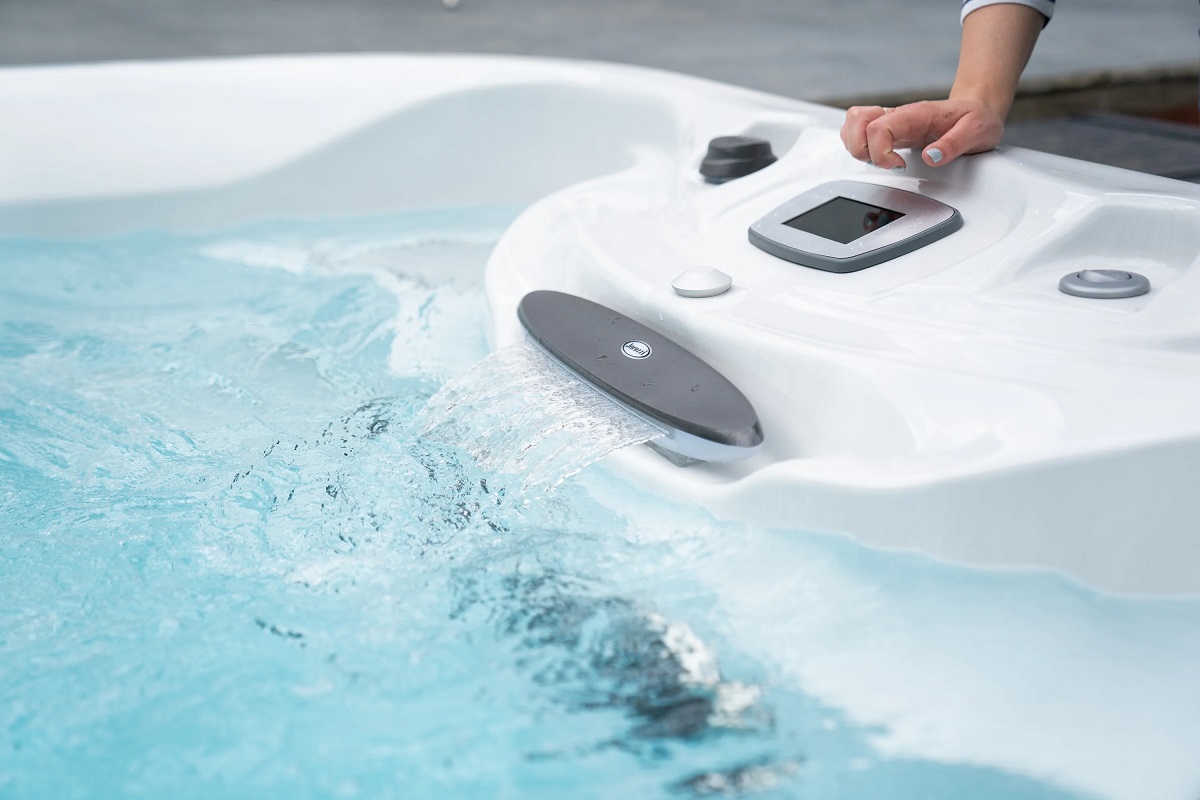
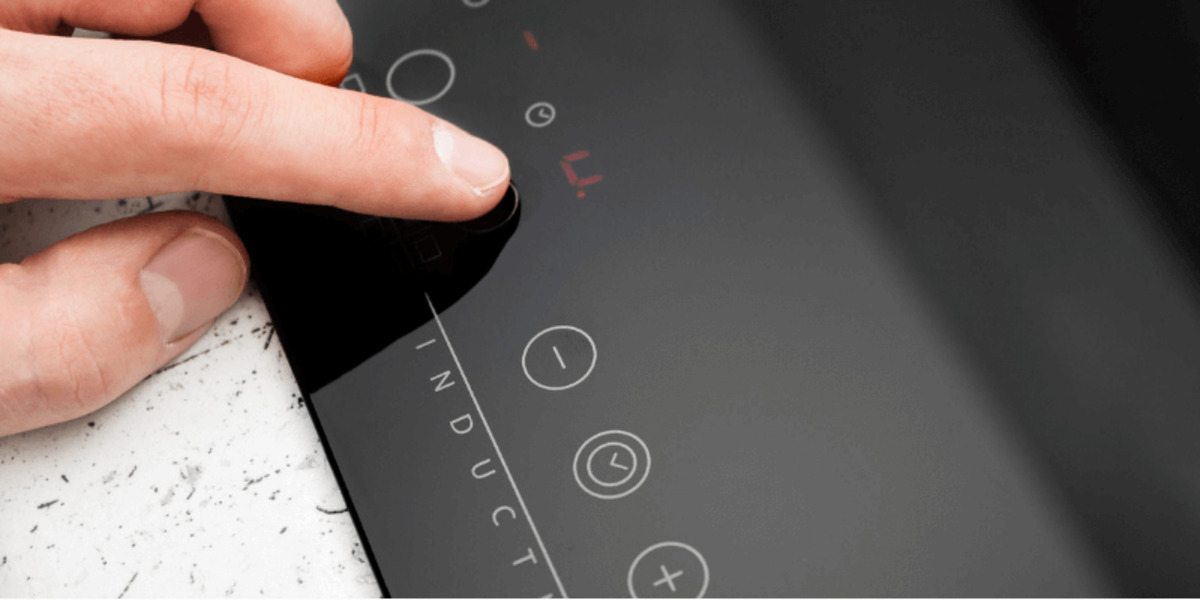
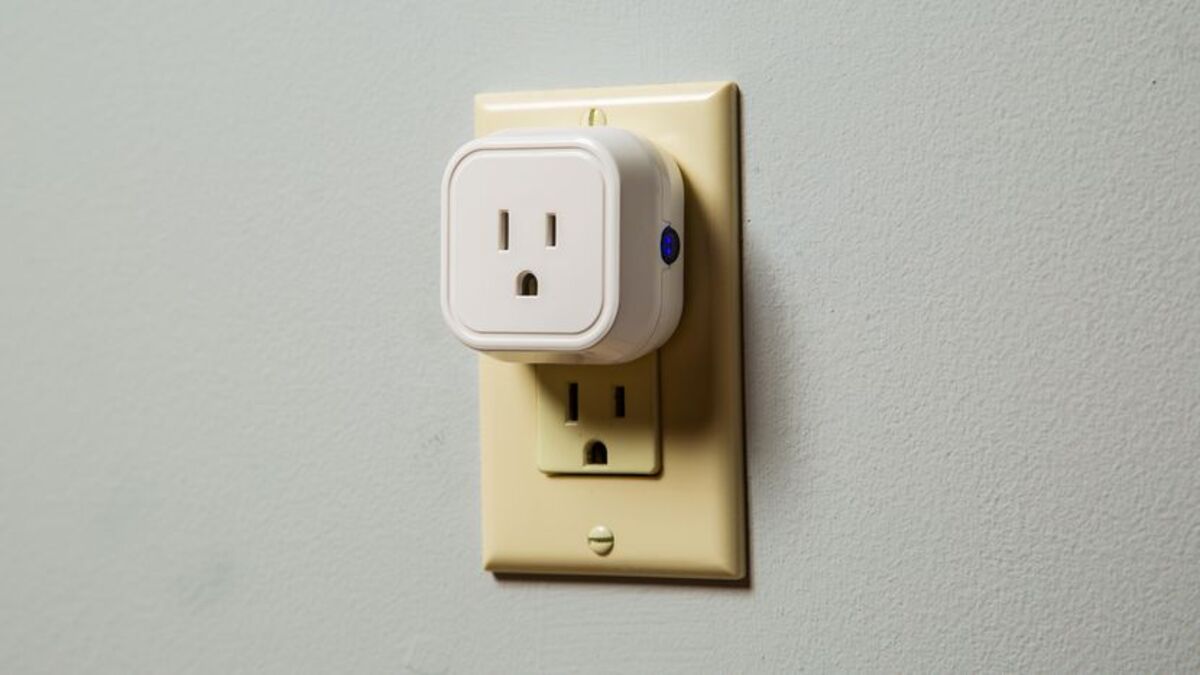
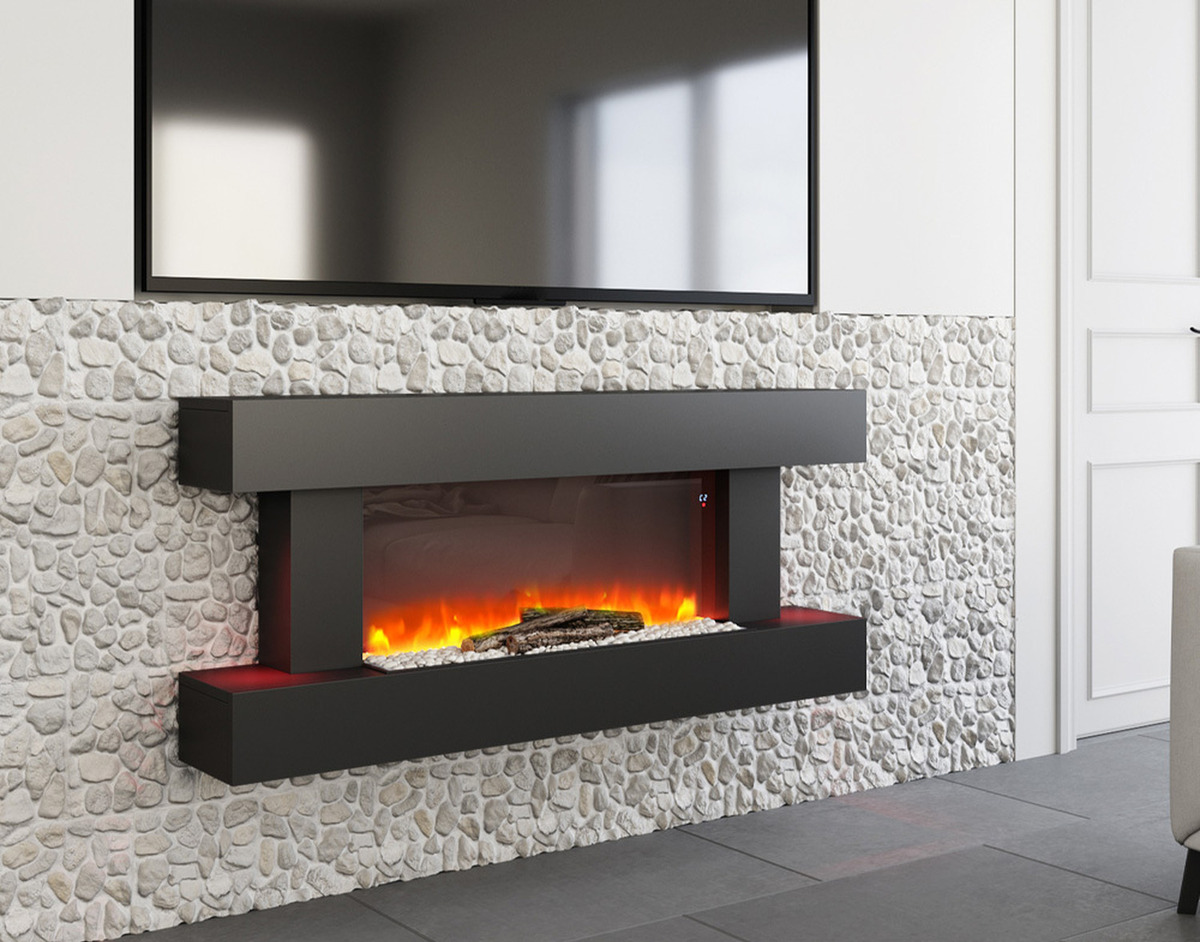
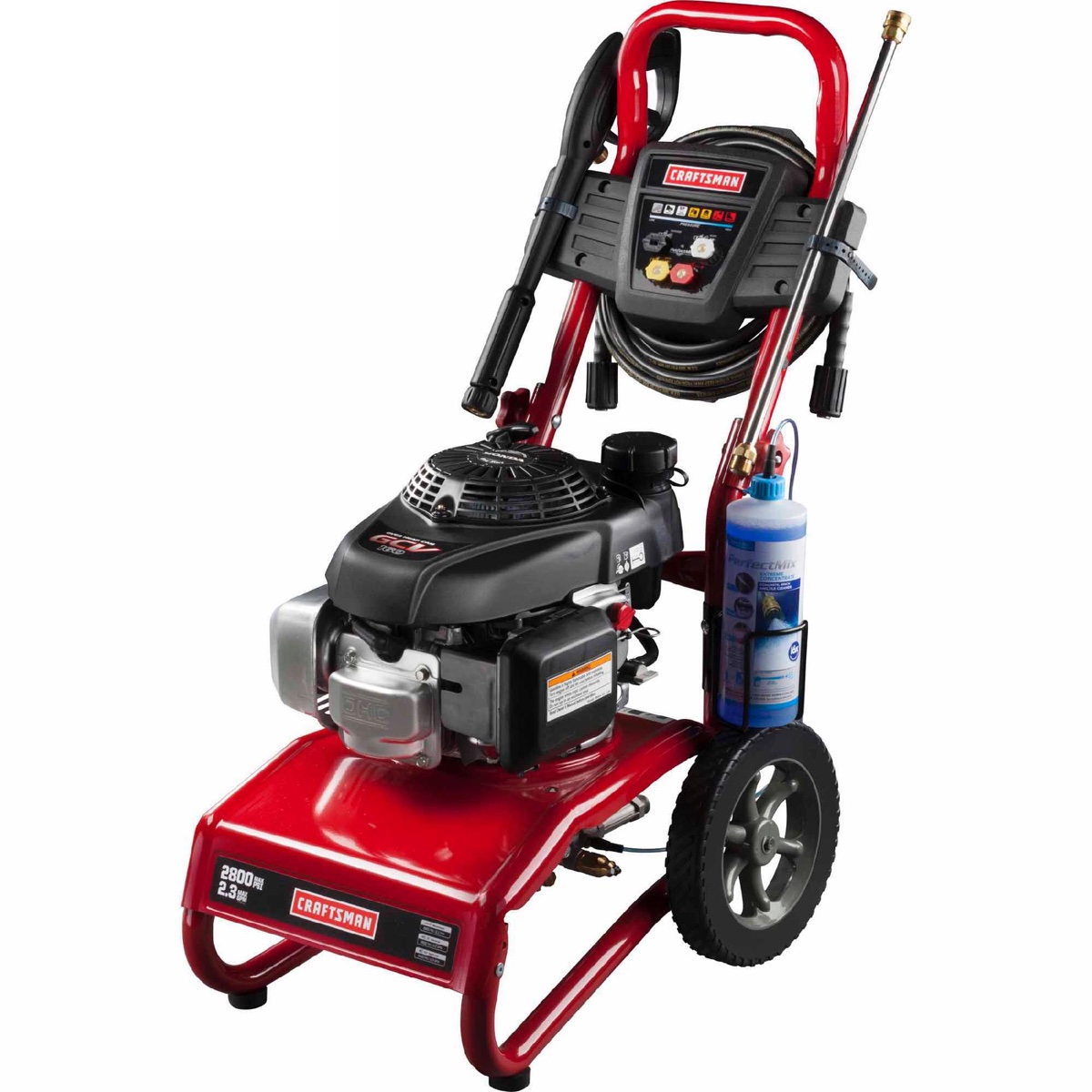
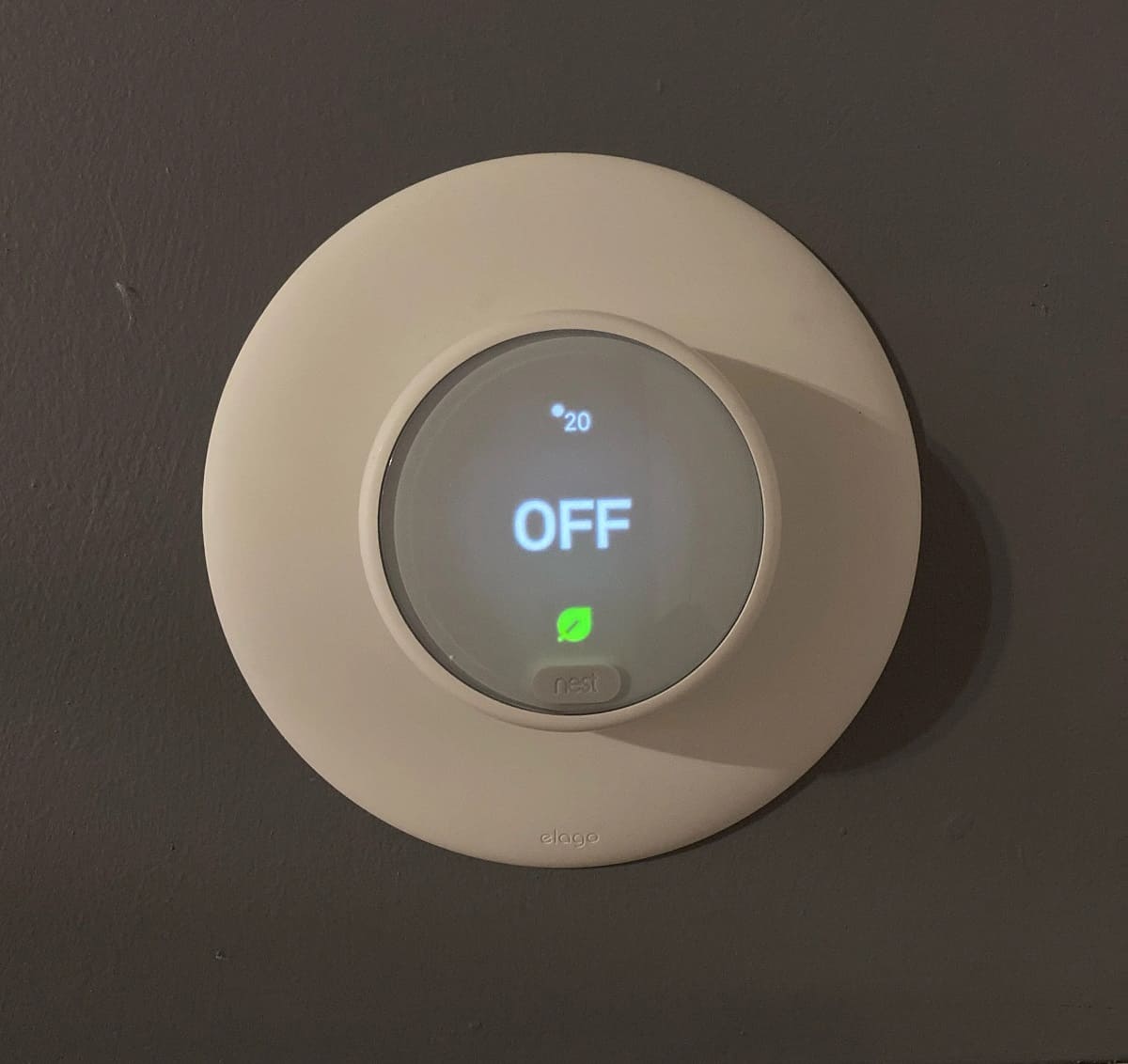
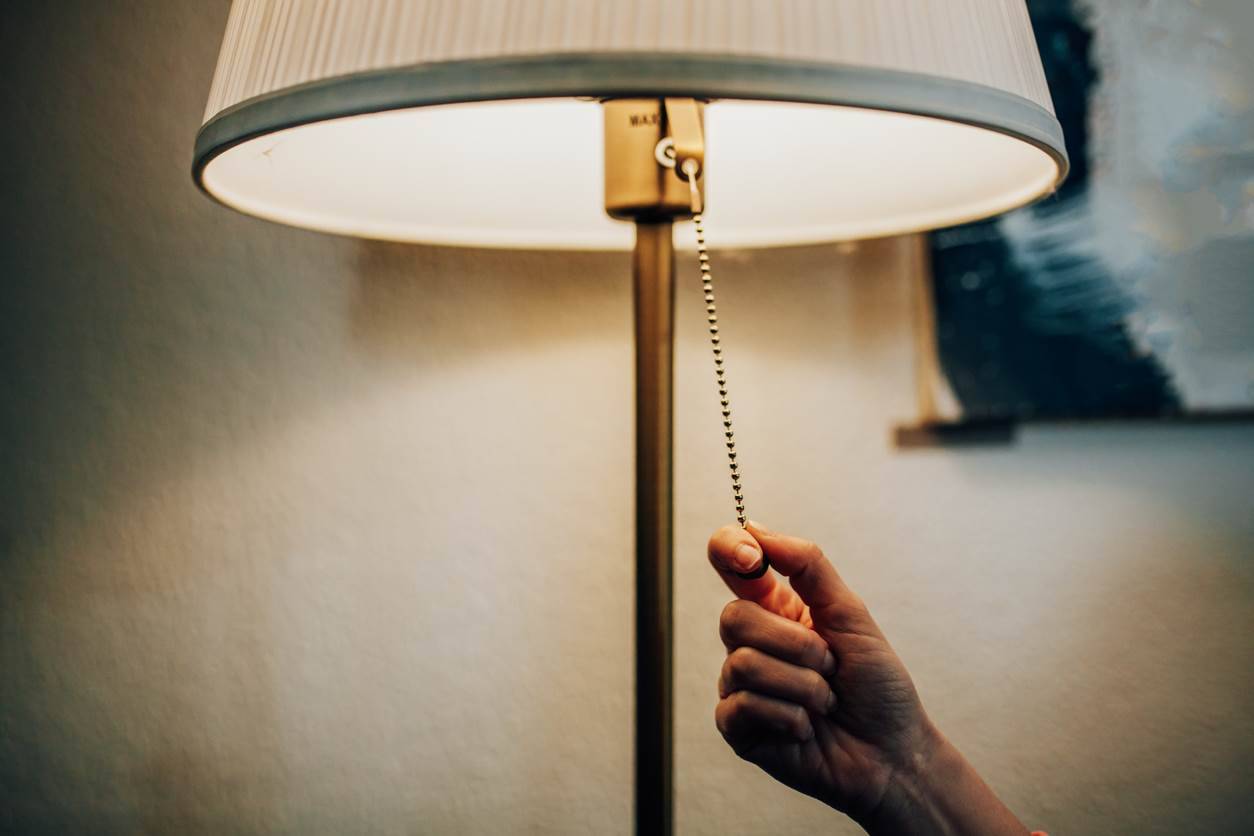
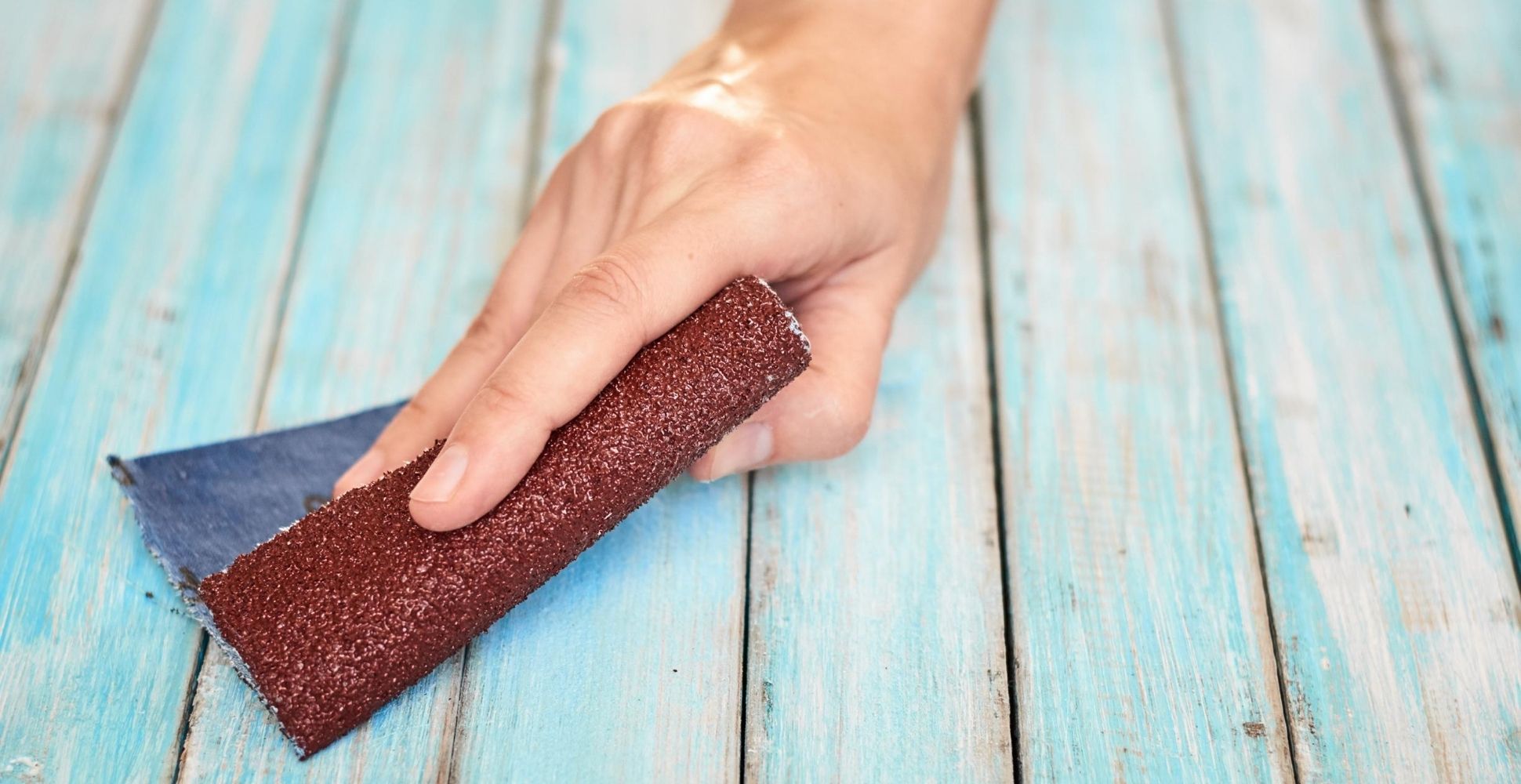
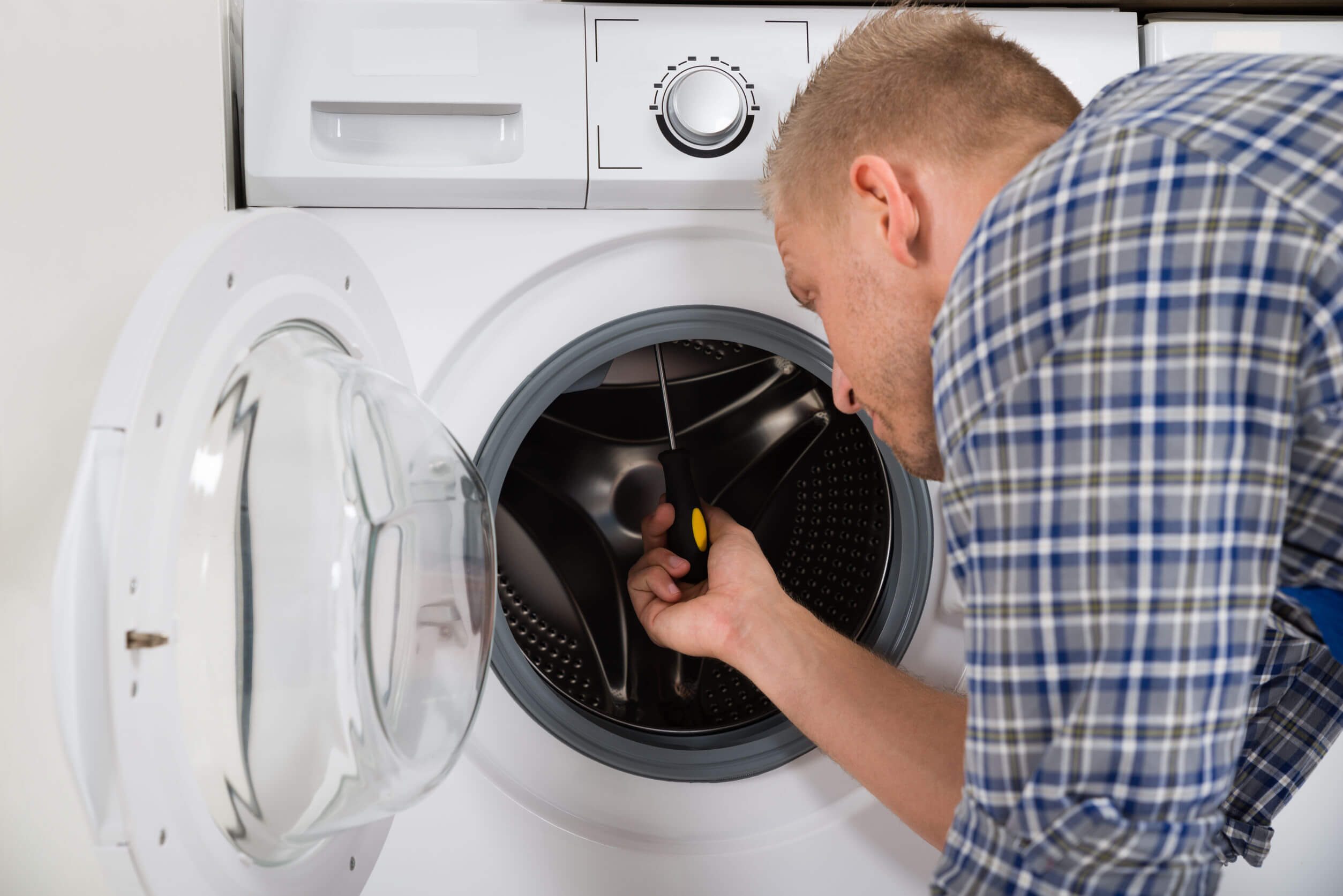
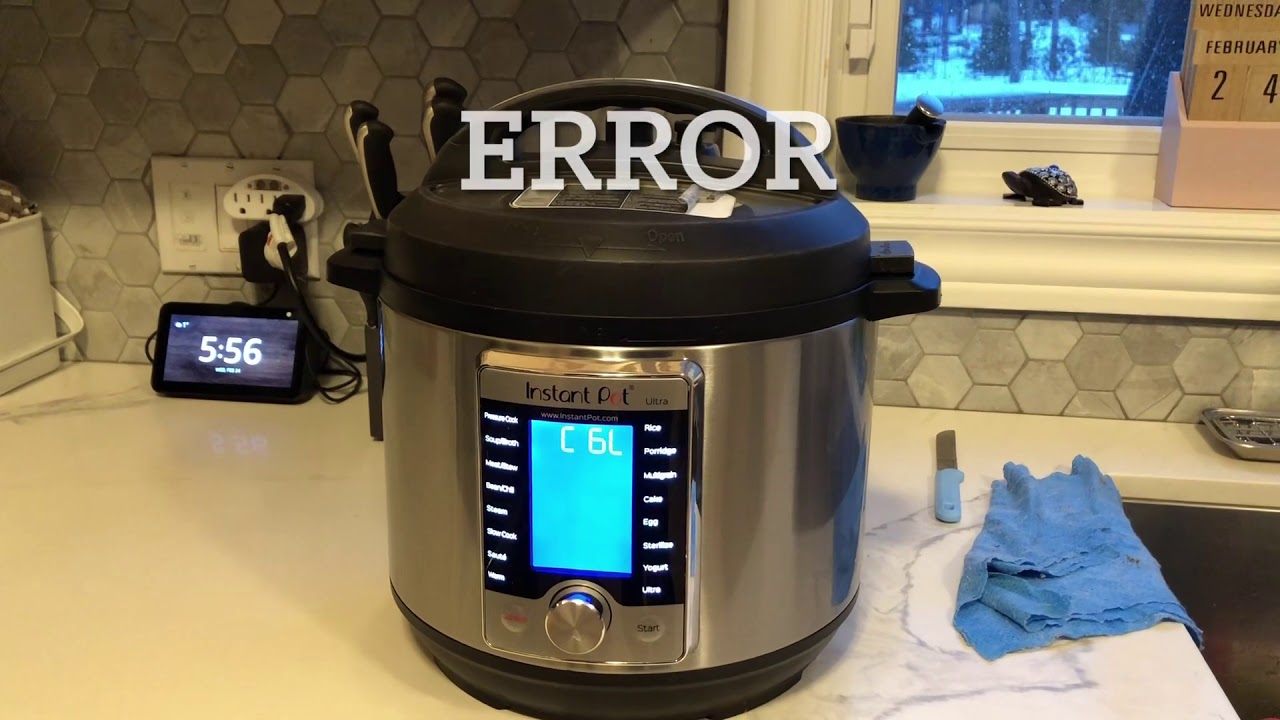
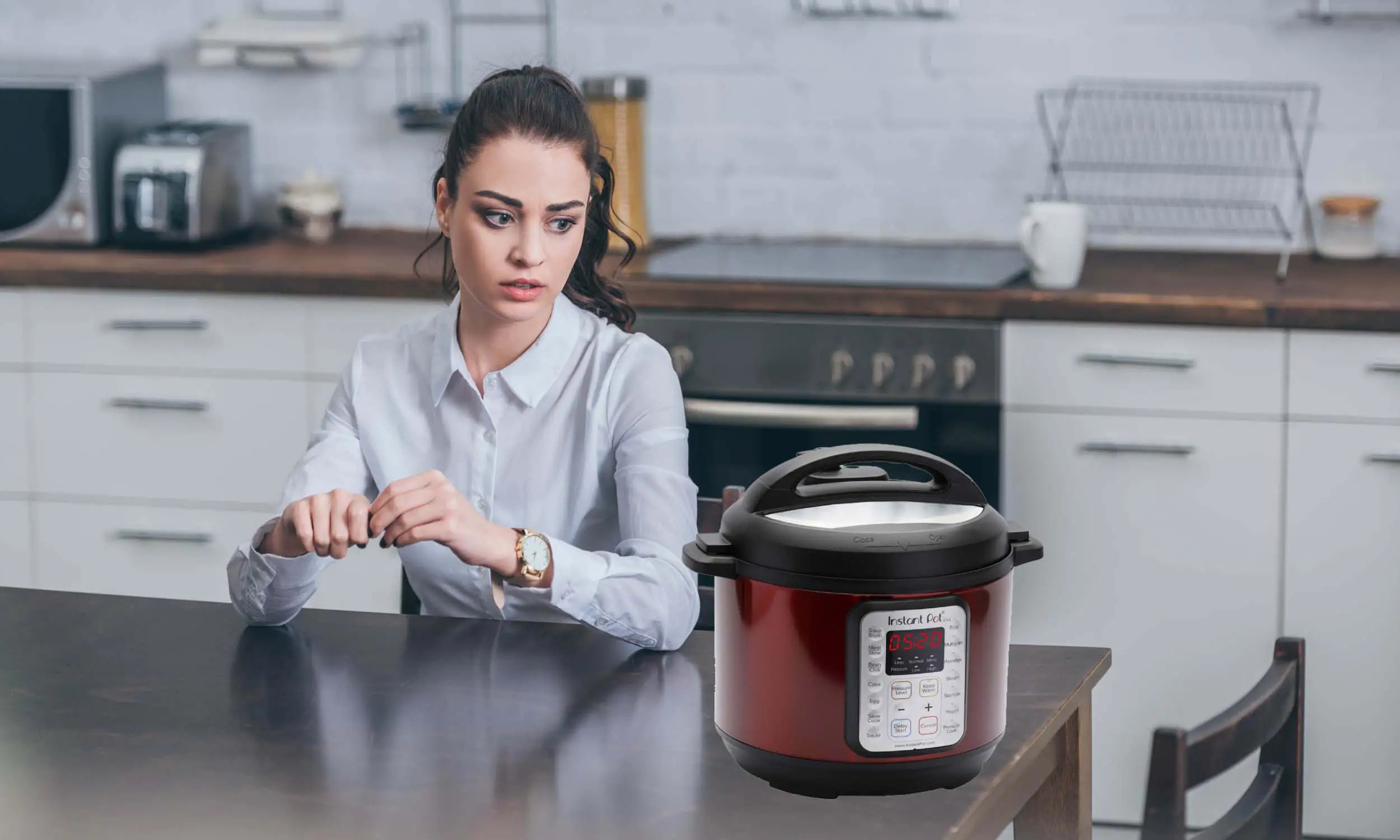
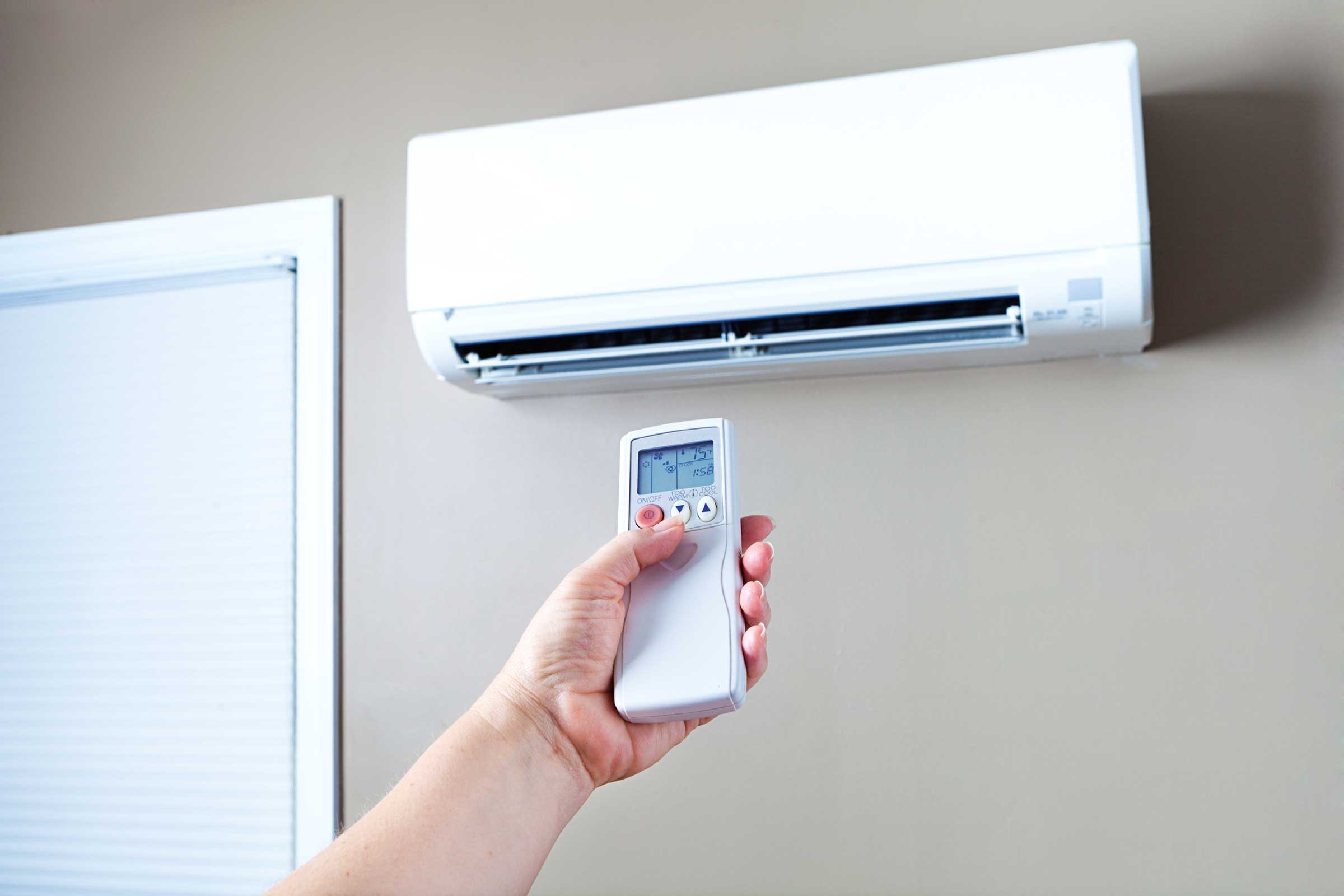
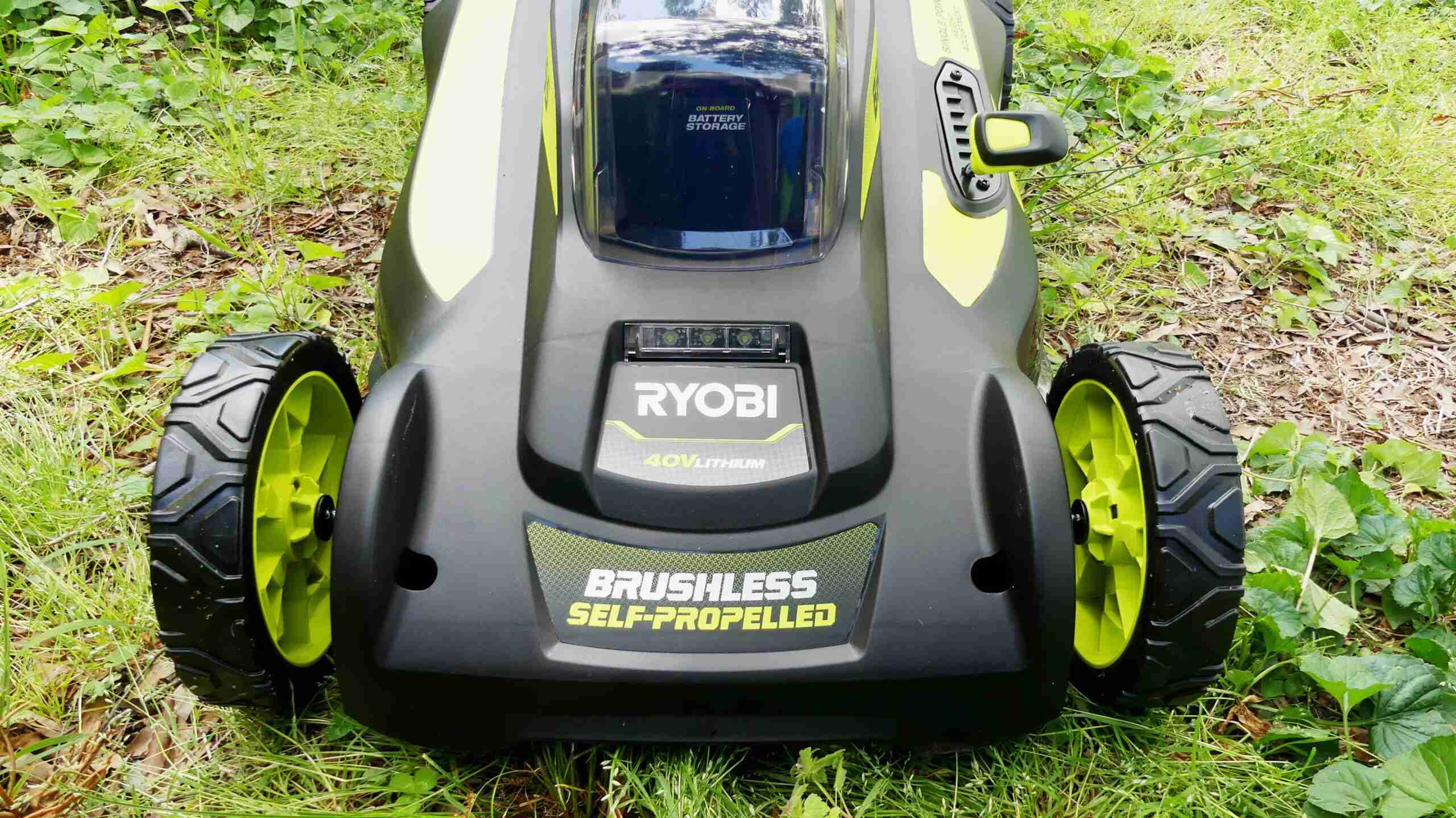

0 thoughts on “Why Does My Electric Pressure Cooker Keep Turning Off”